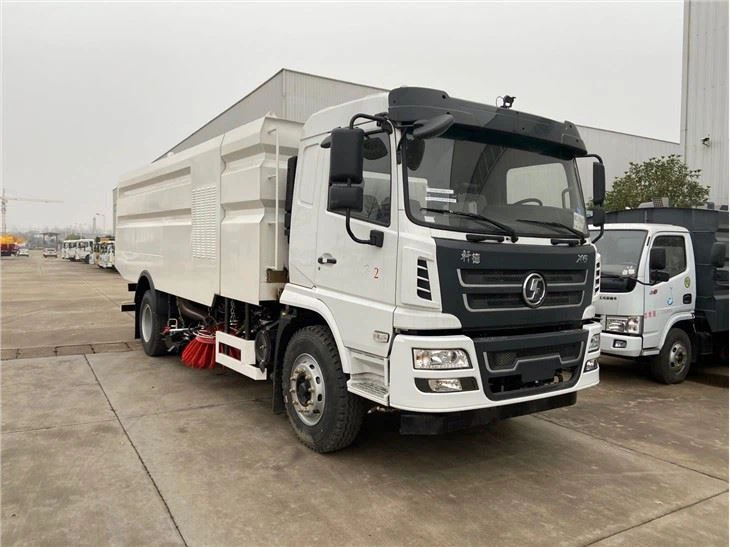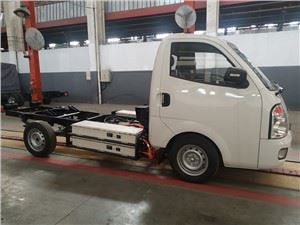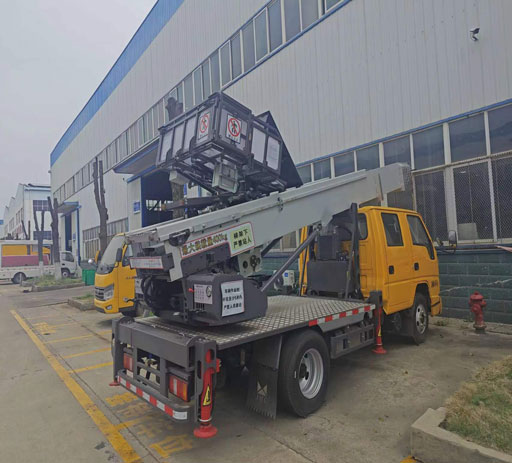Understanding Trash Truck Costs: A Comprehensive Guide

Trash trucks are essential for waste management services, transporting refuse from homes and businesses to landfills and recycling centers. While the environmental impact and service efficiency are crucial, it’s equally important to understand the costs associated with acquiring and operating these vehicles. This article delves into the various factors that contribute to the overall expense of trash trucks, equipping you with the knowledge to make informed decisions whether you’re a service provider or a buyer.
What Determines Trash Truck Costs?
The cost of a trash truck can vary significantly based on several factors. Here are some determinants:
1. Type of Trash Truck
There are several types of trash trucks, each designed for specific waste management tasks. Here are the primary types:
- Rear-Loading Trucks: Typically less expensive, these trucks have a compartment at the back for waste collection. Base prices range from $25,000 to $60,000.
- Side-Loading Trucks: These are usually more automated and can range from $100,000 to $200,000, accommodating larger waste volumes.
- Front-Loading Trucks: Ideal for commercial use, these trucks can cost between $75,000 and $175,000.
- Specialized Trucks: Include vehicles like roll-off trucks for construction debris, which can cost upwards of $200,000.
2. New vs. Used Trucks
Purchasing a new truck often provides the latest technology, warranties, and lower maintenance costs but is also the highest investment. Used trucks may offer cost savings, typically ranging from 30% to 50% less than new models, but may require more maintenance and lack modern features.
3. Brand and Features
The manufacturer’s reputation, along with the features included (e.g., automated lifting mechanisms, GPS tracking, and fuel efficiency), can significantly impact prices. Premium brands may charge 10% to 30% more due to reliability and service offerings.
4. Customization and Specs
Trucks often need to be tailored for specific operations (like waste types and terrain considerations). This customization can increase costs by 15% to 25%.
Breakdown of Additional Costs
Beyond the upfront cost of the truck, there are numerous ongoing costs to consider:
1. Fuel Costs
Trash trucks are typically powered by diesel engines, resulting in significant fuel consumption. Average fuel costs can range from $20,000 to $40,000 annually, depending on usage and fuel prices.
2. Maintenance and Repairs
Regular maintenance for a trash truck is crucial. Depending on usage, budget for at least $5,000 to $15,000 per year for routine checks and unexpected repairs.
3. Insurance
Insurance premiums for trash trucks can vary based on coverage levels and location. Expect annual costs between $3,000 to $10,000.
4. Licensing and Taxes
Licensing costs also fluctuate by state, with fees ranging from $100 to several thousand dollars annually, along with potential local taxes on commercial vehicles.
Financing Options for Trash Truck Purchases
Due to high upfront costs, many buyers opt for financing or leasing options. Let’s explore the possibilities:
1. Traditional Loans
Most buyers utilize bank loans, with interest rates typically ranging from 4% to 8%. Duration can be from 3 to 7 years, depending on individual circumstances.
2. Leasing
Leasing allows businesses to use a truck without full payment upfront. Monthly payments can be lower but typically do not lead to ownership.
3. Grants and Subsidies
Some state programs or federal grants may assist public waste providers in purchasing greener trucks, effectively reducing costs significantly.
Choosing the Right Trash Truck
Understanding your needs helps in selecting the appropriate truck type. Keep the following tips in mind:
1. Assess Volume and Type of Waste
Identify the types of waste your service will handle, from municipal solid waste to recycling.
2. Evaluate Route Efficiency
Consider the routes and frequency of pickups. Some trucks are more efficient on narrow or urban streets than others.
3. Budget for the Long Term
Consider total ownership costs, including financing, maintenance, and operational expenses, rather than just the purchase price.
Case Studies: Real-World Trash Truck Costs
1. Small City Waste Management
A small city might invest in two new side-loading trucks, each costing around $150,000. With maintenance, insurance, and fuel, the total annual cost could approximate $80,000.

2. Large Urban Area
A large urban area could deploy a fleet of 20 rear-loading trucks. If the average price, including financing, averages $40,000 per truck, the annual costs could exceed $1.5 million when considering all expenses.
Future Trends in Trash Truck Costs
As technology evolves, trash truck costs are likely to change. Explore these trends:
1. Electrification of Fleets
Electric trucks are gaining popularity, with initial costs being higher but offering savings in fuel and maintenance, potentially leading to lower overall lifecycle costs.
2. Automation and Smart Technology
Investments in smart technology and autonomous vehicles may present higher initial costs but could significantly lower labor costs and improve efficiency in the long run.
3. Sustainability Initiatives
Government programs promoting greener trucks may help offset initial purchase costs, making investments in eco-friendly alternatives more feasible.
FAQ Section
1. How much do new trash trucks typically cost?
The cost of new trash trucks can range from $25,000 up to $200,000 or more, depending on the type and specifications.

2. What are the ongoing costs associated with owning a trash truck?
Ongoing costs can include fuel, maintenance, insurance, licensing, and taxes, which can add thousands to your annual expenses.
3. Is it better to buy or lease a trash truck?
Buying offers ownership and potential long-term savings, while leasing can lower immediate costs but may not result in ownership.
4. Are there grants available to help with trash truck purchases?
Yes, some states and federal programs offer grants to public waste management services for purchasing eco-friendly and efficient trucks.
5. What is the lifespan of a trash truck?
A well-maintained trash truck can last between 10 to 15 years, depending on usage and maintenance practices.

6. How can I reduce the operational costs of a trash truck?
Implementing preventive maintenance, optimizing routes, and investing in fuel-efficient technology can effectively lower operational costs.
